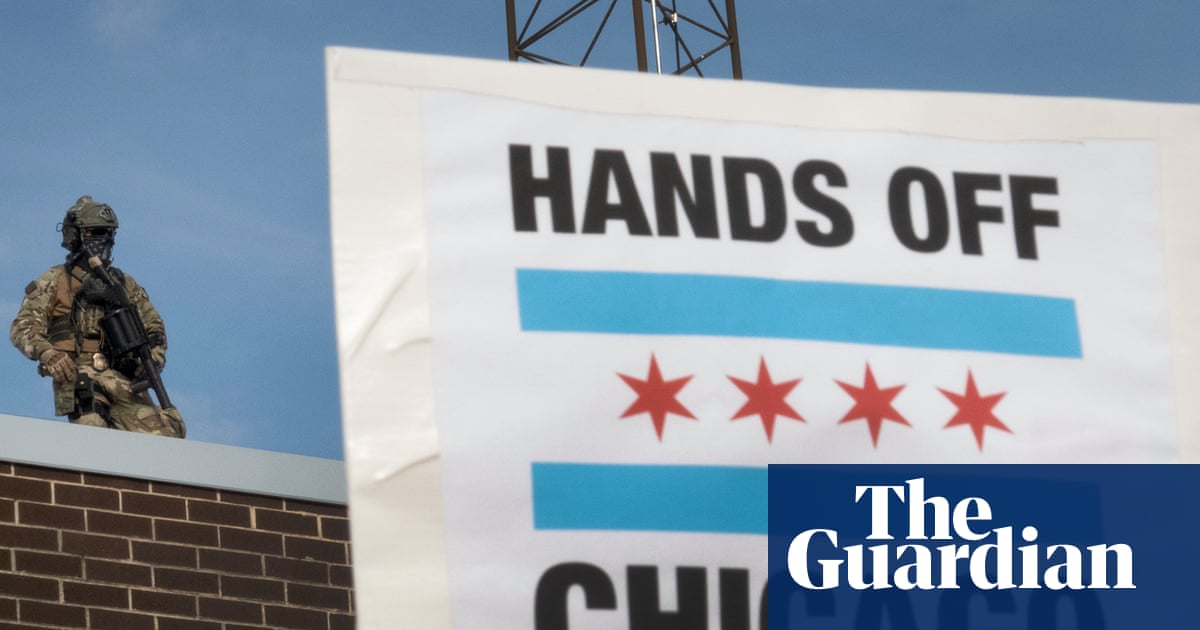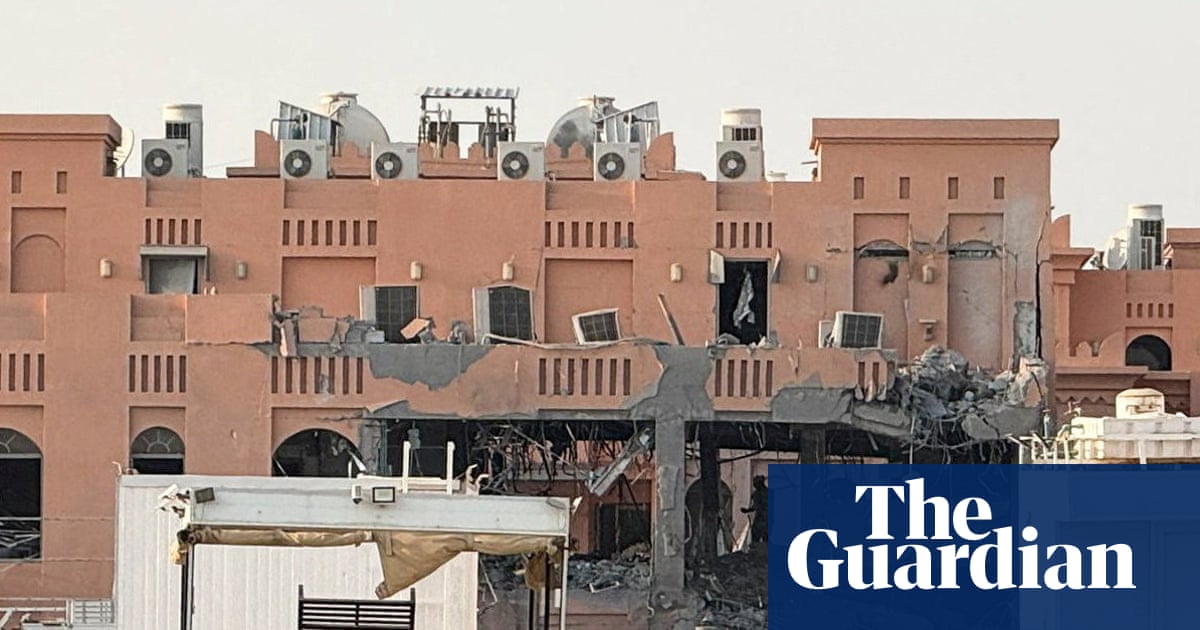This is a war 30 years in the making. Benjamin Netanyahu was talking about the threat of an Iranian nuclear bomb back in the 1990s and he has scarcely let up since. For decades he has believed that a nuclear Iran would represent the one truly existential threat to Israel and that military force is the only sure way to prevent it. Several times during the many years in which Netanyahu has sat in the prime minister’s chair, an all-out strike on Iran’s nuclear facilities has been weighed up, debated and planned for. In the early hours of this morning, it finally happened.
Netanyahu will be pleased with the early results, including the elimination of key Iranian military commanders and nuclear scientists. But the ultimate consequences could look very different. By his actions, he may only have accelerated the very danger he has feared for so long.
It’s not hard to see why Israel’s PM struck and struck now. The motive remains the same as it ever was, with Netanyahu’s statement overnight invoking the darkest chapter in Jewish history to insist that Israel would never allow itself to be vulnerable to a “nuclear holocaust”. But the timing was down, in part, to the fact that the Iranian regime is in a state of strategic weakness.
Its power in the region long rested on the allies and proxies it could call on, forming a “ring of fire” around the Israeli enemy: the Assad regime in Syria, Hezbollah in Lebanon, Hamas in Gaza and the Houthis in Yemen, to say nothing of pro-Iranian militias in Iraq. Now Assad is gone and Syria’s new leader, embraced by Donald Trump, is looking to Washington rather than Tehran. As for the three Hs, the Houthis have reached an agreement with the US; Hezbollah is leaderless and still reeling from last year’s Israeli onslaught, leaving the Iraqi militias who once co-ordinated with it weakened in turn; and Hamas has seen Israel wipe out its leadership and all but destroy Gaza. More directly, Israel’s response to Iran’s missile and drone strikes on the country in April and October of 2024 left Iran’s air defence system crippled. If the best time to kick a man is when he’s down, now, concluded Israel’s war planners, was the time to move.
As for this specific moment, there was a helpful bit of context, if not exactly a pretext, provided by the International Atomic Energy Authority (IAEA). On Thursday the nuclear watchdog found Iran in violation of its non-proliferation obligations for the first time in almost 20 years.
And, as always with Netanyahu, domestic politics played a part: on Wednesday he warded off a threat to his coalition by warning one unhappy smaller party that the Iranian threat meant that now was not the time for a dissolution and early elections.
What may have loomed especially large in Netanyahu’s calculations was the meeting scheduled for Sunday in Oman between Trump’s personal envoy, Steve Witkoff, and his Iranian counterpart, their sixth such encounter. Did the Israeli PM fear a breakthrough in those talks that would have seen Trump agree a deal much like the one signed by the Obama administration a decade ago, an arrangement that would have allowed Iran to keep enriching uranium in a way acceptable to the US but unacceptable to Israel? Netanyahu managed to persuade Trump in 2018 to break from the Obama-era agreement, helped by the fact Trump likes nothing more thanto dismantle the legacy of a predecessor. But a revived deal with Trump’s signature on it? That had to be prevented by whatever means necessary.
On this reading, Netanyahu has just defied the will of his biggest patron, the US, and done it brazenly. Supporting that view is the pointed statement by the US secretary of state, Marco Rubio, that Israel’s action was “unilateral” and that “We are not involved in strikes against Iran.” That would certainly fit with Trump’s own words just a few hours before Israel’s assault had begun. “I’d love to avoid a conflict,” the president said, explaining that the US and Iran were “fairly close” to making a deal. “As long as I think there is an agreement I don’t want [the Israelis] going in because I think that would blow it.”
And yet, look at what Trump said next. “It might help it actually,” he mused, hinting that an Israeli attack could concentrate the Iranians’ minds in negotiations, nudging them towards saying yes rather than no. And note how Trump has reacted to the Israeli assault once it got under way.
“I think it’s been excellent,” he told ABC News on Friday morning. “We gave [the Iranians] a chance and they didn’t take it. They got hit hard, very hard … And there’s more to come. A lot more.”
Perhaps that’s all front, Trump preferring to save face – and claim credit – than to admit Israel defied his wishes. But we know how Trump talks when he thinks he’s been disrespected. And so far there’s been no sign of that. Coupled with Trump’s promise to defend Israel from Iranian retaliation, it adds to the possibility that the Oman talks may even have been a pre-agreed ruse to hoodwink Tehran, that the US is no mere observer of this war and that it could get drawn further into it.
Which brings us to the question that matters more than either the motive or timing of this Israeli action: is it wise? Some will look at the region and think Israel has miscalculated, that some of the Arab states which quietly came to its aid against Iran a year ago will be reluctant to do that now. That may be to mistake public anger for private satisfaction. As the Economist’s Middle East correspondent puts it, “plenty of people in the Middle East are happy to see Iran hit … Lebanese, Syrians, Yemenis who suffered for years because of the Islamic republic are glad to see it bloodied.”
Others will note that the attack may have been spectacular, especially in its elimination of several key individuals, but that, if its ultimate aim is the prevention of an Iranian bomb, it is still bound to fail. The IAEA has confirmed that the Natanz site was hit, but analysts explain that the business end of that installation is so deep in the ground, it is beyond the reach of conventional Israeli firepower. The same goes for the site at Fordow, concealed inside a mountain. It would require US “bunker-buster” bombs to hit those, and even they might not be able to do it.
But there is a less concrete reason why Operation Rising Lion might ultimately prove futile. Surely Iran’s hardliners will now become more, not less, determined to acquire a nuclear weapon. They will have learned what might be called the North Korea lesson. After the Iraq war, Libya opted to abandon its nuclear programme. Not many years later, the Libyan dictator, Muammar Gaddafi, was dead in a ditch. Ukraine too gave up its nuclear bombs, only to be invaded by its neighbour. Meanwhile, the dictator dynasty in Pyongyang made the opposite move: they held on to their nukes, and no one has ever laid a finger on them.
That logic is bleak but compelling and seems to be hardening in Tehran. Witness today’s statement from the Iranian government that “The world now better understands Iran’s insistence on the right to enrichment, nuclear technology and missile power.” That sounds like doubling down.
Even if the Iranians are somehow thwarted, the lesson will not be lost on the neighbourhood. Saudi Arabia and Turkey will not want to place themselves in Israel’s crosshairs by pursuing a nuclear programme, but nor will they want to be Libya or Ukraine. Despite the risks, they might conclude that it’s better to be North Korea. A nuclear weapon will only become more desirable. And a tinderbox region that is already the most unstable in the world will become more dangerous still.
So yes, Netanyahu can look forward to fighting the next Israeli election as the man who humbled Israel’s archenemy. It will play well. But with this move he may well have brought the nightmare prospect of a nuclear Middle East one step closer. That’s a peril for his country – and the world.
-
Jonathan Freedland is a Guardian columnist
-
Do you have an opinion on the issues raised in this article? If you would like to submit a response of up to 300 words by email to be considered for publication in our letters section, please click here.

 3 months ago
53
3 months ago
53

















































